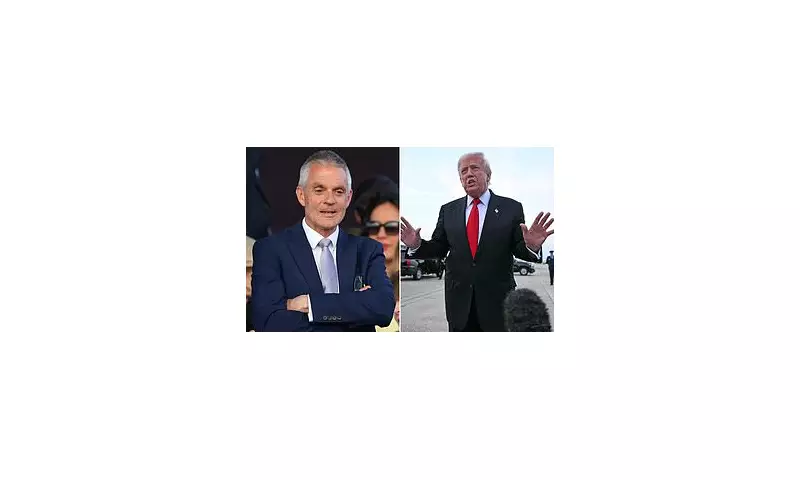
The BBC is preparing to issue a formal and direct apology to former US President Donald Trump following his threat of a $1 billion lawsuit over the editing of his speech in a Panorama broadcast, according to reports.
Resignation and Mounting Pressure
The development comes after Director-General Tim Davie dramatically resigned on Sunday alongside CEO of News Deborah Turness following criticism that viewers had been misled by the doctored footage. The departure prompted praise from Mr Trump, who described Mr Davie as "very honest" and lamented the editing of his "very good (perfect!) speech".
According to The Telegraph, the BBC's lawyers are now working behind the scenes to finalise the wording of their response to Mr Trump's legal team. This follows senior news executives addressing staff yesterday while being unable to comment on the Panorama broadcast for legal reasons.
The corporation has faced mounting pressure in the run-up to Mr Trump's Friday deadline to apologise, issue a retraction, and provide compensation "for the harm caused".
The Billion-Dollar Legal Threat
A letter sent to BBC Chairman Samir Shah at Television Centre by Mr Trump's legal team in Florida stated unequivocally: "President Trump will be left with no alternative but to enforce his legal and equitable rights, all of which are expressly reserved and are not waived, including by filing legal action for no less than $1,000,000,000 (One Billion Dollars) in damages."
In the scathing correspondence, the President's lawyers demanded by Friday night a full retraction, immediate apology and compensation offer from the BBC over what they termed the "fabricated depiction" of Donald Trump on Panorama.
The letter from Mr Trump's lawyer, Alejandro Brito, elaborated: "Due to their salacious nature, the fabricated statements that were aired by the BBC have been widely disseminated throughout various digital mediums, which have reached tens of millions of people worldwide. Consequently, the BBC has caused President Trump to suffer overwhelming financial and reputational harm."
Mr Brito concluded with a stark warning: "The BBC is on notice."
Internal Turmoil and External Reactions
The crisis has exposed significant internal divisions within the BBC, with insiders revealing that some senior BBC News staff are in conflict with the board. This internal turmoil was highlighted when Nick Robinson used the Today Programme to deliver a monologue describing the governors as being in a state of "paralysis".
The situation has drawn reactions from prominent political figures. Sir Keir Starmer backed the BBC, with his spokesman stating that the Prime Minister does not believe the corporation is "institutionally biased".
In contrast, Nigel Farage revealed he had spoken to Mr Trump, who is "absolutely enraged". The Reform UK leader accused the "biased" BBC of "election interference".
The criticism extended across the Atlantic when Karoline Leavitt, the White House press secretary, described the BBC as a "Leftist propaganda machine" on Wednesday night.
BBC chairman Samir Shah had previously admitted to an "error of judgment" over the editing but rejected claims of systemic bias and stopped short of issuing a direct apology to Mr Trump.
The controversy stems from a memo by former editorial advisor Michael Prescott that leaked last week, raising concerns over the doctoring of Mr Trump's speech. The editing made it appear that Mr Trump had told supporters he was going to walk to the US Capitol with them to "fight like hell" by splicing several clips together.
Mr Shah acknowledged there have been more than 500 complaints since the leaked memo was published, stating: "We accept that the way the speech was edited did give the impression of a direct call for violent action."
However, the chairman criticised the author of the dossier, accusing Mr Prescott of providing a "personal account" that offered only a "partial" view of events.
Before his resignation, Mr Davie had insisted the BBC was a "unique and precious organisation", adding: "I think we've got to fight for our journalism. I'm really proud of our work and the amazing work locally, globally, that we're doing is utterly precious."
The director-general will remain in his post until a successor is found. He acknowledged it had been a "tough few days" since announcing his resignation alongside Ms Turness.





